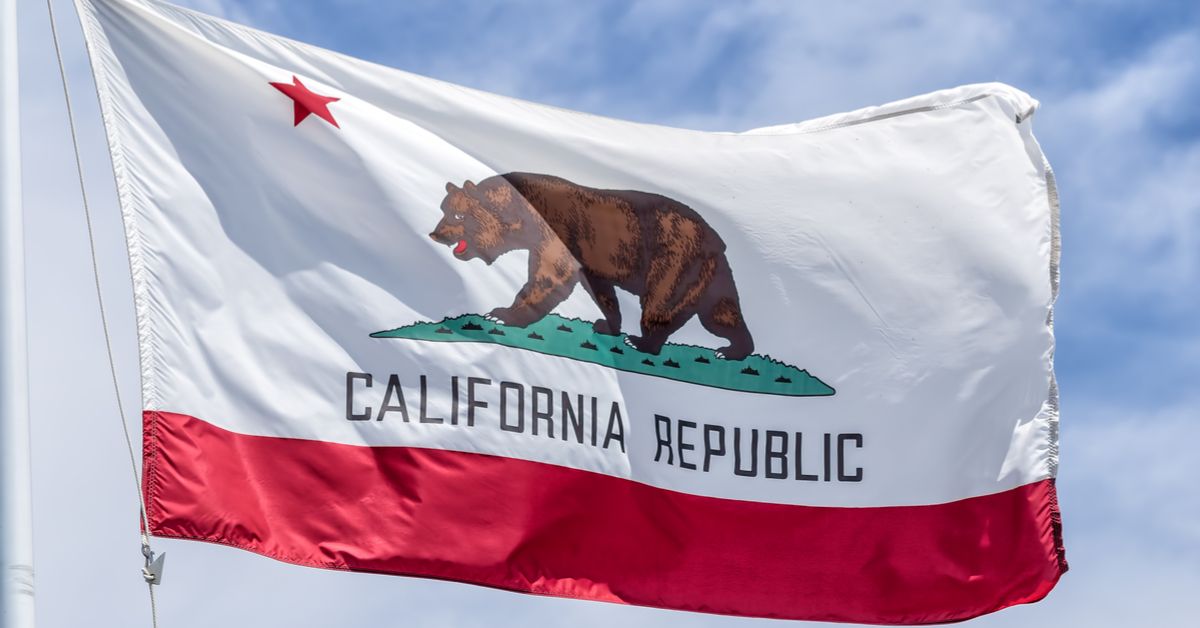On 24 February 2019, Alex Jones's conspiracy network Infowars produced a YouTube video entitled, "RENEGADE STATE: The Four Families Of California And The Private Company That Controls The Internet.
Although the video was meant to imply a nefarious, interconnected plot to give away "control" of the internet, it's nothing more than a recitation of influential individuals and entities in the state of California, coupled nonsensically with a 2016 news item.
California Gov. Gavin Newsom, U.S. Rep. Nancy Pelosi (D-California) and former California Gov. Jerry Brown do come from interconnected political dynasties whose power originated in mid-20th Century San Francisco (the video also mentions oil magnate J. Paul Getty as being part of the "four families;" but while the Getty and Newsom families were friends, Getty was no legislator). However these families and their ties are unrelated to the fact that the Los Angeles-based, non-profit organization Internet Corporation for Assigned Names and Numbers (ICANN) is responsible for maintaining the internet's Domain Name System (DNS), a function it fully took over from the National Telecommunications and Information Administration (NTIA) of the U.S. Department of Commerce on 1 October 2016.
The video employs the trick of stating a series of statements in sequence to give viewers the impression that all the items mentioned are somehow inter-related when they are not — a phenomenon known as apophenia.
Ticking off the names of Democratic federal lawmakers from California, the video's narrator falsely states, "With the help of (U.S. Sen.) Kamala Harris, (U.S. Reps.) Maxine Waters, Adam Schiff and (U.S. Sen.) Diane Feinstein, California's uncontrollable state government spending has amounted to over $2 trillion in debt and the highest tax rates in the country."
This statement is misleading because it fails to note that federal legislators don't have a say in state or local government budgets (and that California state and local debt actually totals $1.5 trillion). Also unclear is what that has to do with DNS, the system for tracking and managing internet addresses.
"On October 1, 2016, right before Donald Trump won the election, President Obama transferred full control of the internet from the U.S. government to an independent California non-profit organization," the narrator intones, in reference to ICANN.
To claim that President Barack Obama "transferred full control of the internet" to ICANN is problematic for several reasons. Neither ICANN nor anyone else "controls" the internet. As BBC technology reporter Dave Lee tersely explained in 2016, "For starters, while they can take the credit for inventing the underlying technology, the US never 'had the internet' to begin with. Nobody did. It’s a, duh, network. Decentralised. That’s what makes it so powerful."
Also, transfer of U.S. control of the Domain Name System to ICANN was set in motion many years before Obama's presidency, as Lee further explained:
Instead, it [ICANN] is now a fully “multi-stakeholder” non-profit that will take on board the views of companies, experts, academics and, yes, nation states, in how the naming system of the web is run.
Here’s a crucial bit: as a user of the internet, you won’t notice any difference whatsoever. And that’s because Icann isn’t a new entity. It’s been doing precisely this job since 1998 before the vast majority of us were even online.
The switch ends a transition that has essentially been in the works for around two decades, removing a dominant power the US had by circumstance rather than intention, and one which was causing friction in the international community.
And as Larry Strickling, former U.S. assistant secretary of commerce for communications and information, said in a 4 May 2017 interview with ICANN spokesman Brad White: The Obama White House was aware of the event, but Obama did not personally "transfer full control of the internet" to ICANN.
WHITE: Larry, did you ever have any indication that this rose to a level of interest, concern or awareness on the part of Obama himself?
STRICKLING: Personally? No, I don't know that. My understanding is that in the end when we were down to the last six weeks or two months that very senior people in the White House, probably including the president, were aware of what was going on.
None of the Democratic figures mentioned in the Infowars video has control over ICANN, a fact that can be confirmed by simply looking at that organization's publicly available board of directors page and searchable staff page.
American control over domain names was a vestige of the past, Lee explained, a result of the internet's originally being developed largely by the U.S. military. But as internet use became mainstream and global, America's control became a diplomatic headache. Handing the system fully to ICANN was a compromise:
Unnerved by US power, many countries, particularly Russia and China, have pushed for the DNS to be looked after by the International Telecommunications Union (ITU), which is part of the UN.
This came to a vote in 2012, but failed. The US, UK, Canada and Australia were the dissenters, refusing to back a new treaty on the grounds it could be abused to affect internet governance, and by extension, content.
In other words, the four countries were worried by sharing out ownership of the internet’s core systems, more states could act like China and clamp down on internet use on their own countries - and all would be fair under the UN....
The handover to Icann is a compromise that appears to suit the [U.S.] very nicely, and not just because Icann will remain in Los Angeles.
